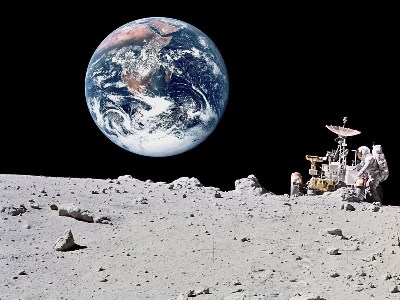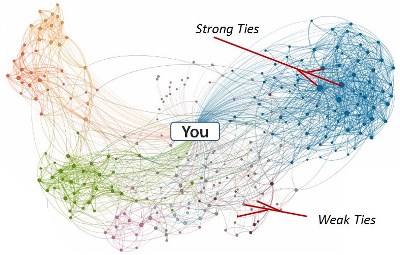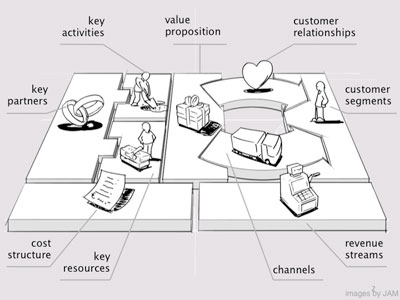Seth Godin states in his excellent post ‘the Fear of Freedom‘ that: “We live in an extraordinary moment, with countless degrees of freedom. The instant and effortless connection to a billion people changes everything, but instead, we’re paralyzed with fear, a fear so widespread that you might not even notice it. We have more choices, more options and more resources than any generation, ever”
 Our individual freedom has never been so great, never since the Agricultural Age have we had so many hours of leisure and never have we had so many resources at the touch of the fingers. It will only increase with the Fourth Revolution into the Collaborative Age. What do we do of this freedom? What do we do of that knowledge? What do we do of these possibilities?
Our individual freedom has never been so great, never since the Agricultural Age have we had so many hours of leisure and never have we had so many resources at the touch of the fingers. It will only increase with the Fourth Revolution into the Collaborative Age. What do we do of this freedom? What do we do of that knowledge? What do we do of these possibilities?
Most of us have not found the answer yet. Most of us are paralyzed and even dream to come back the 1950’s where life seemed much simpler and straightforward – albeit with much less possibilities than today for the average person.
The ability to overcome our fear of freedom is key to our success in the world that opens to us. Going beyond our habits, connecting beyond our circles, broadcasting on the web, reaching out to the world with our own voice. That is what will distinguish those that will succeed in the new world.
Do you fear freedom, uncertainty? Let’s practice freedom. It is possible to do it in small doses, and it is necessary.
When do you start practicing your freedom?









 Apparently the statistics is that we maintain on average a dozen very close contacts, about 150 medium to strong ties, and about 500 to 1,500 weak ties. Identification of this structure of our social network is not new, for example
Apparently the statistics is that we maintain on average a dozen very close contacts, about 150 medium to strong ties, and about 500 to 1,500 weak ties. Identification of this structure of our social network is not new, for example 

